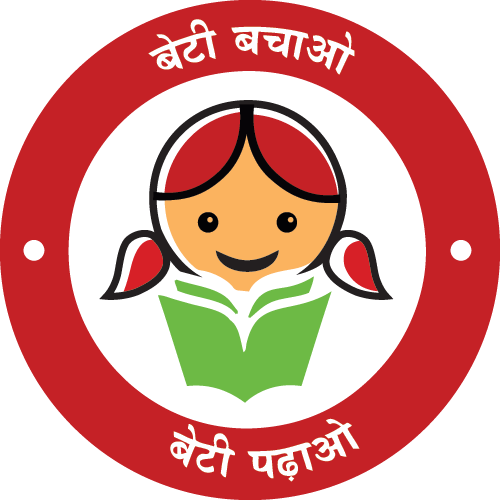NCW organized Seminar on ‘Gender and Violence’ in association with National Law School of India University (NLSIU), at NLSIU, Bangalore
The programme began with the traditional lighting of lamp by dignitaries and inaugural speech by the Chief Guest Dr. H R Bhardwaj, Governor of Karnataka and Dr. Charu WaliKhanna, Member, NCW, Guest of Honour presided over the Inaugural Session.
Hon’ble Governor said that in today’s progressive world every woman should be a free citizen of India living with equality and dignity. He also said that as the former Minister of Law and Justice, Govt. of India he was responsible for passing of various legislations e.g. Domestic Violence Act, amendment in Hindu Succession Act, etc. He encouraged and motivated students and addressed questions from them on various issues including access to justice, Muslim Personal Law, Marriage Maintenance, Succession, Women’s Reservation Bill.
Dr. Charu WaliKhanna, Member, speaking of the occasion referred to the speech of the Hon’ble Governor on the Fundamental Rights in Chapter 3 and said that the Constitution of India officially grants equality to women and also empowers the State to adopt measures of affirmative action in favour of women due to the historical restrictions and marginalization on the basis of gender. The underlying causes of gender inequality are related to the socio-cultural and economic structure of India. As a result, women do not have easy access to education, health, employment and other integral resources. They remain largely marginalized, poor and socially isolated. Women belonging to the weaker sections of the society i.e. the Scheduled Castes/ Scheduled Tribes/ Other backward Classes and minorities are further discriminated against. Therefore, their lives are largely governed by the vicious cycle of poverty, violence and lack of access to basic services such as education and healthcare, double or even triple disadvantages. Member said that the words of the Governor are prophetic because there is a need to sensitize police, lawyers and the courts so that women can get out of this vicious cycle.
Member added that the Constitution of India provides for women’s empowerment within the framework of the Preamble, Fundamental Rights, Fundamental Duties and Directive Principles. However, the word ‘empowerment’ is mere rhetoric unless woman is provided a conducive environment for her empowerment e.g. safe public space, safety at workplace etc. She stressed that we are at an important point of history when the country is undergoing transition and in order to recognize WOMAN AS THE NATION BUILDER a comprehensive affirmative action document is required which forms the basis of all rights for women. Dr. Charu WaliKhanna appreciated the assistance of the NLUSI in organizing this programme in order to firm up the Bill of Rights by discussing gender and violence specifically -
- Critically analysing the Criminal Law (Amendment) Act, 2013
- Discussing the viability of broadening the definition of Rape under IPC to include marital rape;
- Evaluating the effectiveness of the laws relating to prohibition of Child Marriages;
- Human Trafficking –a look at where the legal framework falters;
- Sexual Harassment at workplace –does the law serve the purpose;
- Domestic Violence –a look at whether the Protection of Women from Domestic Violence Act, 2005 has been able to reach out to the victims.
- The importance of Section 498A of the Indian Penal Code –criticizing the oft-alleged misuse of this provision of law.
- The gruesome reality of Dowry Deaths –where the legal framework has faltered to address this issue
- The Right to Education –from the perspective of the rights of women
- Marriage and Family and the crossroads women face –from the women’s rights perspective
- Reproductive and Health Rights –with special emphasis on pre-natal diagnosis techniques and sex-selective abortions prevalent in many an Indian household
- Women and property rights –a woman’s right in the property of her parents, in-laws and matrimonial property –a three-dimensional discussion from the perspective of a woman’s right to property, including her own self-acquired assets
- Political Rights –from the perspective of reservations for women
- Internally Displaced Women –the atrocities they need to fight against
- Minorities within minorities –the rights of Women within the ‘minorities’ sections of the society
- Women dwelling in the slums and whether the law comes to their aid
- Women Migrant Workers and their Rights




















